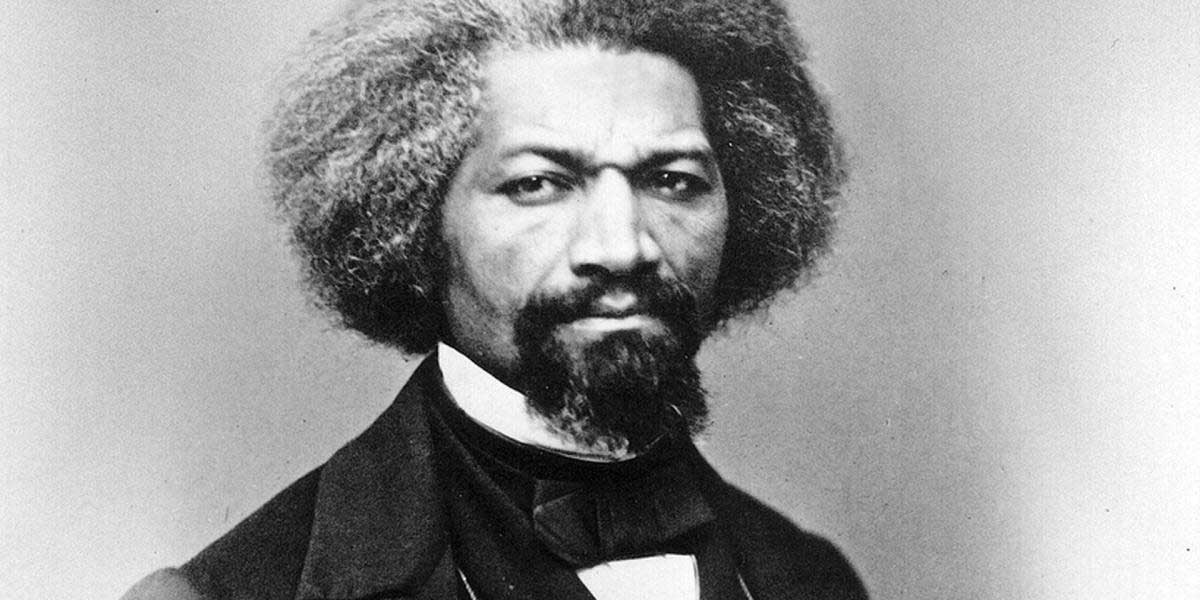History & Biography

Attitudes in the United States (and everywhere) have long been shaped by the histories handed down to us. These personal accounts of history and these historic accounts of persons inform us about the society we live in—where we've come from and where we're going. Infoplease has gathered some influential books in U.S. history. These books caused a stir in their own time and left a legacy that continues to the modern day.
Geology of the Grand Canyon
The Physical Geology of the Grand Cañon District, part of Clarence E. Dutton's larger work on the region's history and characteristics, is less interesting for what it is than for what it stands for. This survey of the American West and of the country's natural features is emblematic of how Americans interacted with nature in the late 1800s. In the arts and in the common culture, Americans began to consider the "vast, untamed wilderness" of the country as a mark of distinction and beauty that separated them from Europe. The natural landscape played a role in forming the country's identity. This drove the creation of the national parks, and encouraged the deeper explorations of people like Dutton.
The Journals of Lewis & Clark
The Lewis & Clark expedition is one of the most famous trips in U.S. History. Meriwether Lewis and William Clark led a U.S. military expedition out West to explore the Louisiana Territory and the lands beyond. Their account of their travels opened the door for the country's historic Westward expansion. The way we discussed the land and the people on it, and the way we acted on those discussions, are all influenced by our earliest record of the lands West of the Mississippi.
Narrative of the Life of Frederick Douglass, an American Slave
Frederick Douglass is without a doubt one of the most important writers and speakers of the 19th century. His words lit a fire in the abolitionist movement, and his powerful condemnations of slavery and racial inequality have inspired generations. His first book was an account of his own life as a slave in the American South, exposing to the world the indignities and injustices he saw around him. The book has been published and circulated ever since, and is a revered classic of American literature.
The True George Washington
The True George Washington is an artifact of history in a couple of ways. The book's explicit purpose is to strip away the hagiography surrounding George Washington and to humanize him to the public; in becoming something more than human, Washington served no longer as a model of human behavior. Perhaps more interesting for today's reader is where it stands at the beginning of the modern era, presaging Charles Beard's "Framing the Constitution" and other texts that sought to interrogate the material and social conditions hidden by traditional history.







